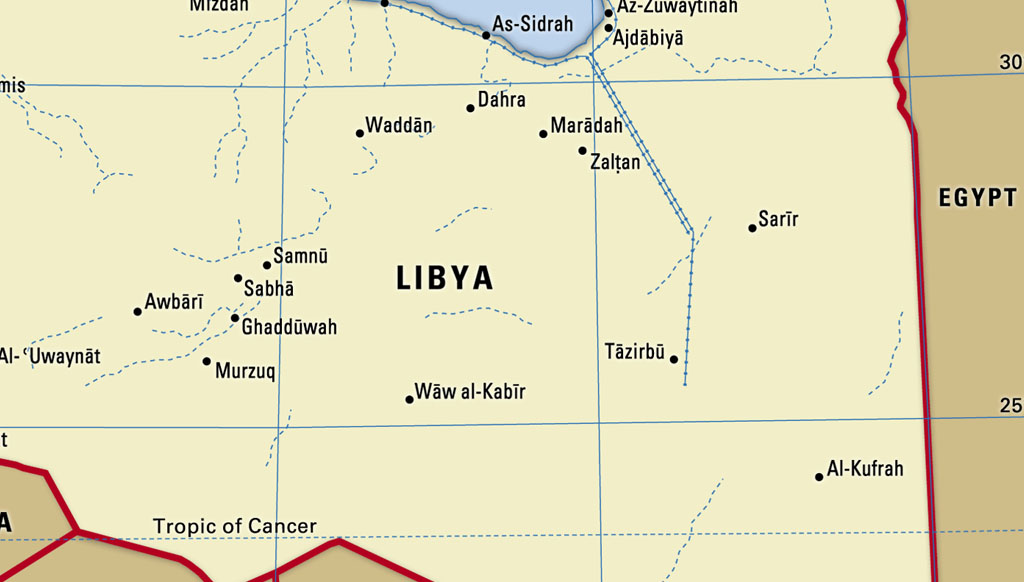(3 minutes read)
· Five women a have been assigned important ministries in Libya’s new government for the first time in the country’s history
· Yet, it is far from achieving parity in the UN-sponsored transitional government led by Abdelhamid al-Dabaiba
· The ministers are Najla al-Mangoush, an activist from Benghazi, Mabrouka Touki Othman Aoki an academician, Halima Ibrahim Abderrahmane, a lawyer , Wafaa Abou Bakr Muhammad Al-Kilani and Houria Khalifa Miloud al-Turman
Five women a have been assigned important ministries in Libya’s new government for the first time in the country’s history. Yet, it is far from achieving parity in the UN-sponsored transitional government led by Abdelhamid al-Dabaiba.
The transitional Government of National Unity (GNU), which took office this week, faces the challenge of pulling the country out of a decade of chaos and divisions. It is also tasked to conduct the national elections in December. With five women among its 26 ministers and six ministers of state, it also marks relative progress for women in politics.
Many countries are appreciative of the beginning of assigning importance to women in the public life. US Ambassador to Libya, Richard Norland, said it was a historic time for Libyan women. The cabinet has 26 ministers and six ministers of state, with women assigned to five posts, including the key foreign affairs and justice portfolios.
The ministers are Najla al-Mangoush, an activist from Benghazi, Mabrouka Touki Othman Aoki an academician, Halima Ibrahim Abderrahmane, a lawyer , Wafaa Abou Bakr Muhammad Al-Kilani and Houria Khalifa Miloud al-Turman.
In a statement to the UN Human Rights Council this week, Britain urged the GNU to work towards the full, equal and meaningful participation of women, including in conflict resolution and decision-making”. Although Libyan women played a key role during the 2011 uprising, they have had a limited presence in previous transitional bodies and in the current parliament.





